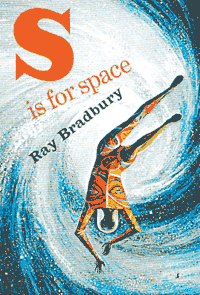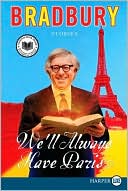Going Portentiously Where Everyone Has Gone Before
Okay, so I’m interested in seeing what everyone is calling “the reboot” of Star Trek, though I could be content to wait until the DVD comes out. And, sure, there’s a lot of buzz (as well as some discussion in this forum), if only because the franchise appears to be doing something interesting, for a change. Fine. But all this blather about the “significance” of Star Trek, particularly this article by Dave Itzkoff in The New York Times is really too much.
Itzkoff characterizes Star Trek as “supremely influential,” and I guess in that it has promoted grown-ups dressing in space pajamas and wearing pointy ears and expecting to be taking seriously, I suppose he’s right.
Look, I’m old enough to have watched the original Star Trek when it was first on television. As I recall, I lost interest sometime in the middle of the second season. Because, even then I realized what a lot of commentators such as Itzkoff overlook: for a supposed science fiction series, it was pretty bad science fiction.
…
 Courtesy of
Courtesy of 